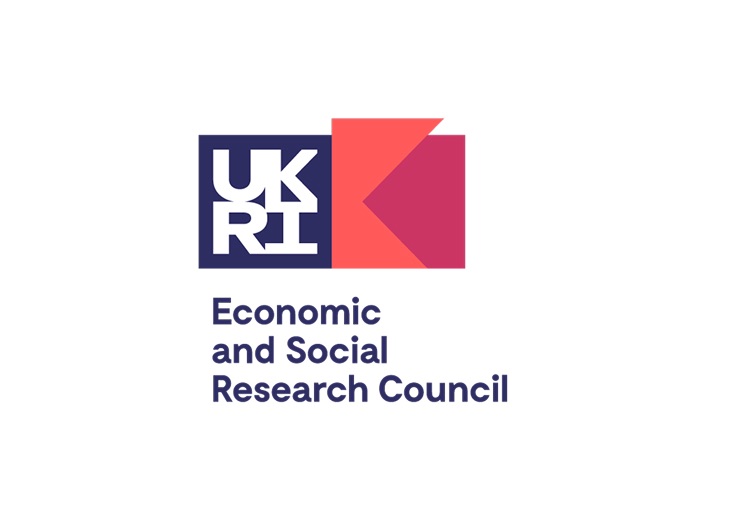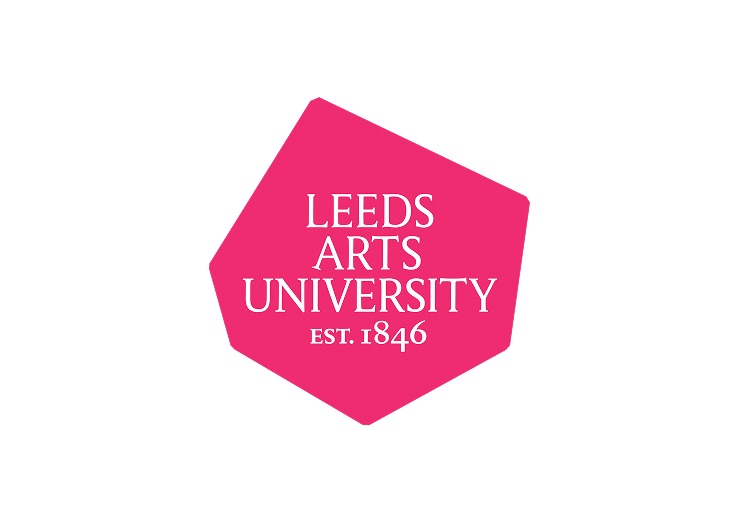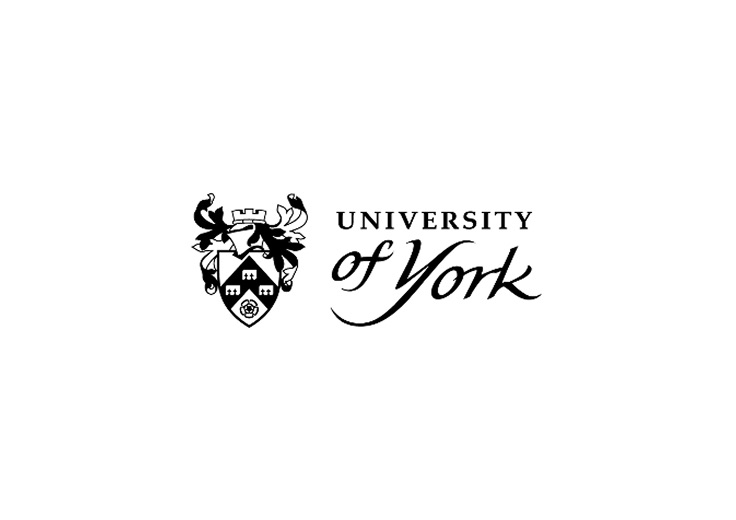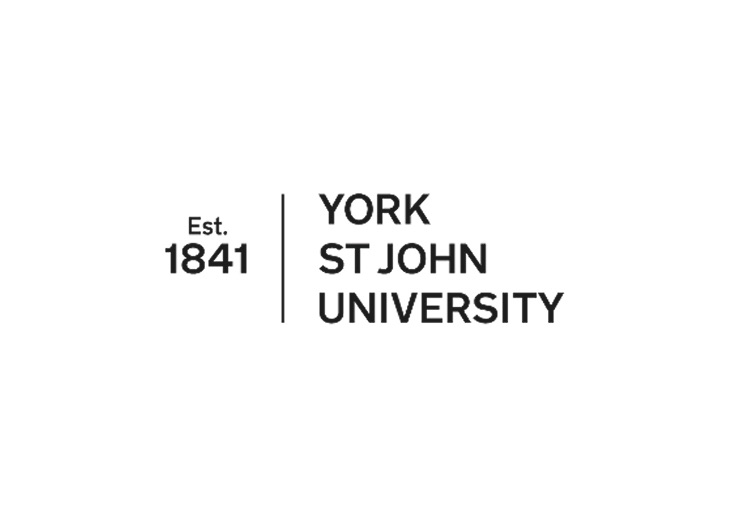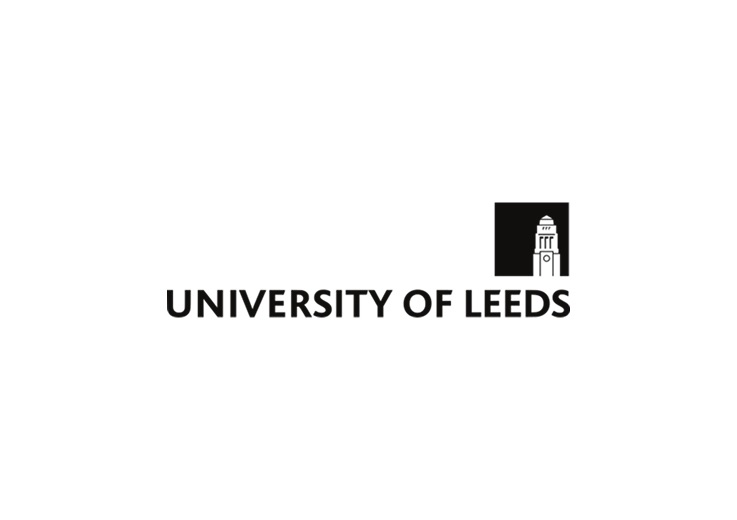Culture and creative industries

Growing an inclusive and sustainable creative economy across Yorkshire and the Humber
The UK government recognises the crucial part a thriving cultural sector can play in the prosperity and wellbeing of businesses and communities in the UK. Culture is a priority in both The Plan for Change and identified in the Industrial Strategy. The Creative Industries Sector Plan commits £380 million to support growth in the creative sector, create high quality jobs and stimulate private investment. A £100 million investment will be made to support new creative clusters and research and development.
Across the north Civic Leaders, academics and leaders across key sectors in the creative economy – film and TV, Video Games, Textiles and Fashion, Live Music and Digital/CreaTech – have come together under the banner of ‘One Creative North’ to collaborate on growing the creative economy. In turn the emerging local growth plans for the Combined Authorities of York and North Yorkshire, Hull and East Yorkshire, West Yorkshire and South Yorkshire include a commitment to invest in the growth of their respective creative businesses.
There is much commitment to and potential for growth. Yorkshire has significant cultural assets across priority sectors and in its heritage. But significant structural barriers and inequalities in the cultural ecosystem remain which constrain the potential for growth viz: an average cut of 48% on spending per person in culture by local authorities since 2009, a sharp decline in the funding of and enrolment in arts and humanities subjects at secondary, FE and HE levels, a predominance of insecure and low paid employment, and an insufficient or appropriate business support offer for the creative sector.
We lack adequate methods of valuing arts and culture – particularly if we were to work with the UNESCO definition of culture which includes the spiritual, material, intellectual and emotional dimensions alongside arts, lifestyle, human rights and value systems and beliefs. Consequently, the cultural activity of certain communities goes unrecognised or invested in, and our cultural sector still struggles to represent the peoples and cultures of marginalised groups.
How we Work
The group working on this agenda as part of YPIP includes academics, experts by profession who are working in cultural organisations, or leading strategy and policy work in local and combined authorities and experts by experience i.e. people working on cultural agendas within communities. We have taken the Bradford District Cultural Sector as our case study. This is because in its year as the UK City of Culture, and as part of a ten year journey to grow the cultural sector encapsulated in the strategy ‘Culture is Our Plan’ this is a system which has put culture at the heart of its strategy for growth and prosperity. We believe we can derive insights from a place which is working to create a thriving ecosystem which could inform policy and strategy development and innovation within other local authorities, Combined Authorities and potentially influence national policy. We have co designed the focus and approach to the research we are undertaking. We are delighted also to be working alongside the community led research projects funded through the Communities Innovating Yorkshire Fund.
Our Priorities
- Community led participation in culture and hyper-local community leadership – exploring participation in the arts and culture by marginalised communities and innovative approaches and policy that might build community agency in the arts.
- Business support models for the creative sector – researching the specific support needs of small and medium sized creative organisations and sustainable business models for a sector which often struggles to break out of cycles of precarity and offers insecure employment.
- Education, employment and skills pathways – researching the careers advice and guidance available to 14-19 year olds in relation to both the diverse employment opportunities in growing creative clusters and the positive connection between academic qualifications in the arts and humanities and future employment prospects.
Hyper-local community leadership
This workstream challenging narratives around low participation in arts and how this is measured. Who gets to define what is culture, what is art?
Colleagues from York St. Johns University, The LEAP Bradford CIC and Bradford Council to explore this. Their activities will include:
- collaborating with Mind the Gap to look at learning disability led art and leadership
- delivering a community-led research project to explore and evidence cultural leadership from underrepresented communities in Bradford and Keighley
Business support models for the creative sector
This workstream looks to explore the opportunities for growth in the creative sector and to understand whether the sector has specific business development support needs.
This Bradford based work will include:
- a review of local data in relation to the UK cultural sector
- engagement with stakeholders on the industrial policy and business support for the creative sector
- engagement with the Bradford Cultural Voice Forum and wider business network to understand lived experiences, challenges, and support/development needs of the different employment structures in the sector
- a review of the Bradford Producing Hub model – a unique infrastructure support organisation supporting the creative sector community
- delivering a demonstrator project to test potential innovative forms of support to the sector
Education, employment and skills pathways
Why do we lack confidence in promoting creative pathways to our young people?
This project looks to examine the reasons behind why we aren’t always promoting potential creative or cultural pathways across our young people and emerging talent; getting underneath the true perceptions of creative careers and training, as well as sharing the reality of how important, vital and relevant these skills and careers can be.
Spread across two events, the first will provide an opportunity to bring together policy makers, careers advice leaders, creatives and academics to discuss the importance of creative skills development and promotion across a number of sectors and in growth, innovation and prosperity for a whole region and beyond. Including: how we support emerging creatives in the skills they will need to be a success; creativity as transferable skills which can be applied across sectors and; how can we match up young people with a range of skills to potential creative settings.
Following the initial event the team will continue to gather research on emerging themes before writing a report on the findings and developing a practical guidance toolkit for anyone looking to support creative pathways in their own work/fields, which will be launched at a second event with key stakeholders.
Get in touch with us today
We're keen to hear from stakeholders from across the region and beyond to explore potential collaboration and other opportunities.
